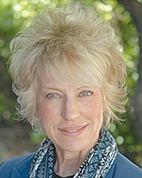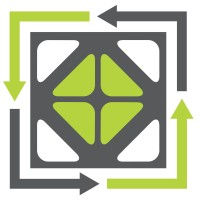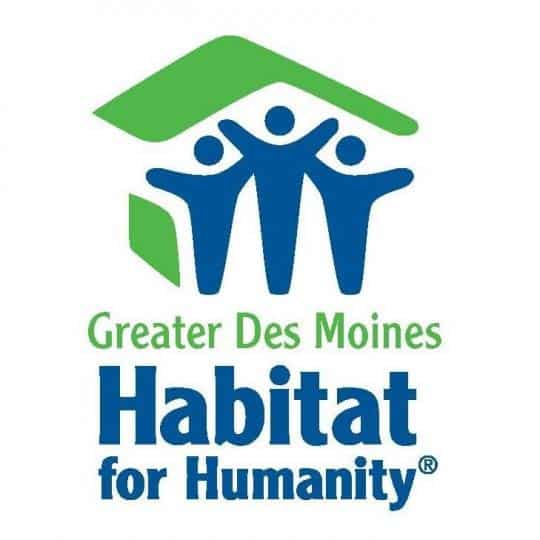Guest opinion: Push yourself beyond the familiar

TERRY HERNANDEZ Sep 21, 2015 | 7:33 pm
2 min read time
531 wordsAll Latest News, Education, Lift IOWA We never stop learning. Rather, we never should stop learning.
We never stop learning. Rather, we never should stop learning.
That’s the gist of a recently-released study by Oxford Economics, which found that the No. 1 concern we face as employees is obsolescence. In short, we’re fearful that we won’t have the skills we will need as our careers – and the world – evolve.
The study, Workforce 2020, provides a bleak perspective from corporate America; that many companies do not have the structure, culture, strategy, or resources to manage employees and their development for the future. It predicts a “looming talent crisis” related to the status quo mindset.
What leads to this perilous landscape? Most often it’s the corporate world. Companies report having difficulty finding skilled employees yet they don’t support development of their current employees. Training on and access to technology — particularly new technology — is lagging or absent; and less than half of surveyed employees say their company offers them skill development opportunities.
For many workers, it seems not to be what you know, but how fast you learn. Psychologists call this learning agility. Agile learners thrive in new and challenging situations — they enjoy learning and can quickly apply new knowledge.
According to leadership expert John Ryan, learning agility is key not only to leaders, but at all levels of an organization. This skill, notes Ryan, requires three elements: a commitment to learning, putting yourself in challenging situations, and seeking and accepting feedback about how well you do.
It’s tougher than it sounds. It’s not just reading a thought-provoking book or taking a class or two. Agile learners push themselves out of the familiar. They are able to adapt and are anxious to try new experiences.
What it really takes is a willingness to try and an ability to add to current knowledge. It takes the Eleanor Roosevelt philosophy of pushing your boundaries, gaining “strength, courage, and confidence by every experience in which you really stop to look fear in the face…You must do the thing you think you cannot do.”
At Chrysalis, we call this grit. The drivers of resilience, motivation, and persistence. It’s what we teach hundreds of girls in our after-school programs, and it’s clearly a finely-honed skill.
Liz Murray is a tremendous example of grit — she overcame extreme poverty, homelessness, hunger, and dismal life prospects to finally enroll in school, and ultimately, to graduate from Harvard University.
The future will require each of us to draw on new and different competencies; to be curious, self-motivated and resilient; to navigate and develop new skills; and to ask for coaching and guidance along the way. It’s often the difference between average and excellent, and it’s the power of learning agility.
Terry Hernandez is executive director of the Chrysalis Foundation, a public charity working to ensure that girls and women in Greater Des Moines are educated, safe, secure and economically independent. With her staff and board, she is committed to build community understanding of the issues, trends and opportunities we all have to make a difference in the lives of others. Hernandez enjoys speaking on leadership, communication and community issues.
CONNECTION POINTS
Email her at thernandez@chrysalisfdn.org or connect by phone through Chrysalis at 515-255-1853.










